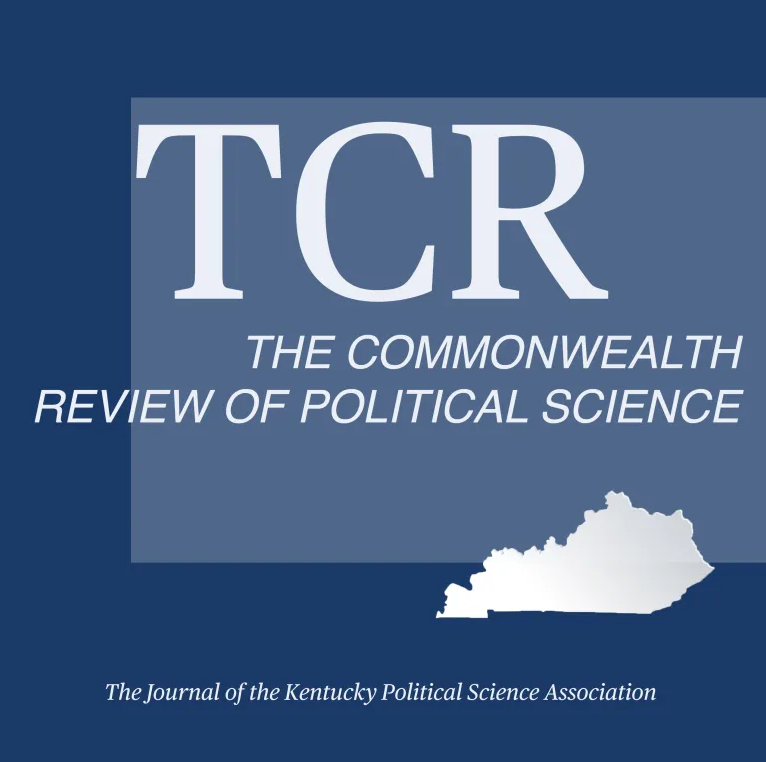Commonwealth Review of Political Science

Abstract
Contemporary international relations theory suffers from a stubborn reliance on the Westphalian notion of the state system. Theoretically, the sovereign state is the supreme political unit in world politics and is the only political unit with access to international decision-making. However, in the real world, globalization has led to the development of a myriad of transnational associations. Added to the complex of regional, international, and even supranational governing structures, these organizations and associations have created a web of interaction that works above, below, and across states. While skeptics question the political ramifications of globalization, it is without doubt that modern world politics is rife with non-state actors. Simultaneously, states suffer from increasing rates of internal disintegration along social, ethnic, and national lines. It seems then that world politics is experiencing, simultaneously, increasing interdependence fuelled by globalization, as well as significant rates of disintegration across the globe. In the meantime, states have yet to give up their position of primacy in world politics and remain the supreme political organization. Yet Westphalian notions of the state system cannot account for the introduction of so many political forces above, below, and across state boundaries. A new framework must be established that better explains the phenomenon of global connectedness, intrastate dissolution, and widespread faith in the state system. This paper suggests new medievalism as a viable alternative.
Recommended Citation
Wells, Jeremy
(2013)
"Imperium et Sacerdotium: Universalism, Fragmentation, and New Medievalism,"
Commonwealth Review of Political Science: Vol. 1:
No.
1, Article 6.
DOI: https://doi.org/10.61611/2994-0044.1007
Available at:
https://digitalcommons.murraystate.edu/crps/vol1/iss1/6
Included in
History Commons, Political Science Commons, Psychology Commons

